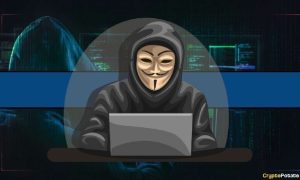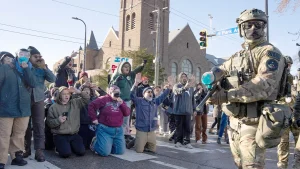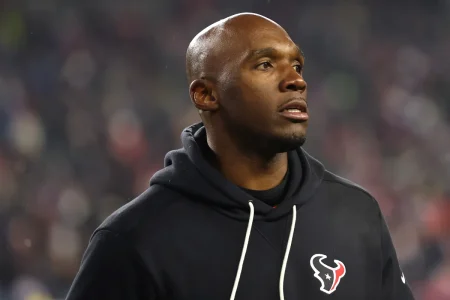Professor’s Temporary Victory in Free Speech Battle After Controversial Social Media Post
In a case that highlights the delicate balance between academic freedom and public accountability, University of South Dakota professor Phillip Michael Hook secured a temporary legal reprieve on Wednesday when a federal judge halted his impending termination. The controversy centers around remarks Hook made on his private Facebook account following the fatal shooting of conservative activist Charlie Kirk. U.S. District Judge Karen Schreier, a Clinton nominee, ordered the university to reinstate Hook to his position retroactively, ruling that “the public has a compelling interest in protecting its First Amendment rights.” This decision represents a significant moment in the ongoing national conversation about free speech in academic settings and the boundaries of expression for educators.
The incident began on September 10, the day Kirk was shot during a Q&A session at Utah Valley University. Hours after the shooting, Hook posted on his private Facebook account that he “didn’t give a flying f*** about this Kirk person” who he described as a “hate spreading Nazi.” Hook expressed sympathy for Kirk’s family while criticizing what he perceived as disproportionate media coverage compared to other shooting incidents, including those involving politicians in Minnesota, school shootings, and Capitol Police. Later that same day, Hook posted a follow-up message expressing regret for his initial post, acknowledging that some were offended, and extending a public apology. He concluded with “Om Shanti,” a common call for peace in Buddhist and Hindu traditions. Despite this retraction, the university quickly moved to terminate Hook’s employment, with the dean of the College of Fine Arts, Bruce Kelley, informing the professor that his post violated university policy.
The case touches on fundamental questions about the intersection of professional responsibilities and personal expression in the digital age. Kirk, only 31 years old at the time of his death, had established himself as a prominent conservative voice and strong supporter of former President Donald Trump. Through his leadership of Turning Point USA, Kirk had become particularly influential among younger conservatives, frequently addressing culture war topics, foreign policy, and religious issues on social media platforms. The professor’s characterization of Kirk in such harsh terms—particularly immediately following his violent death—sparked outrage across political lines, with South Dakota’s Republican Governor Larry Rhoden expressing that he was “shaking mad” upon reading Hook’s post and supporting the university’s initial decision to fire the professor.
Judge Schreier’s temporary restraining order prevents the university from placing Hook on administrative leave and requires his reinstatement until at least October 8, when a preliminary injunction hearing is scheduled. In her decision, the judge emphasized the foundational importance of First Amendment protections, suggesting that Hook’s case raises significant constitutional questions about the limits of institutional authority over an employee’s private speech. The ruling doesn’t make a final determination on the merits of Hook’s claims but does indicate that the court found sufficient grounds to temporarily preserve his position while the legal process unfolds. This temporary victory for Hook illustrates how challenging these cases can be for educational institutions trying to balance respect for free expression with maintaining professional standards and community expectations.
The controversy has triggered widespread debate beyond South Dakota’s borders. Online petitions supporting Hook and other educators facing similar challenges have gained momentum, demonstrating how such local disputes increasingly become focal points in national discussions about academic freedom. The case exemplifies the tension between two competing values: on one hand, the belief that educators should be held to higher standards of decorum and sensitivity, especially in public forums; on the other, the principle that public employees retain fundamental free speech rights even when their views might be offensive or unpopular. The timing of Hook’s comments—in the immediate aftermath of a tragic shooting—adds an additional layer of complexity to considerations about civility and compassion in public discourse.
As the October 8 hearing approaches, this case continues to serve as a lightning rod for broader cultural and political divisions. For supporters of academic freedom, Hook’s temporary reinstatement represents an important affirmation that professors don’t surrender their constitutional rights when they enter the classroom. For critics, including Governor Rhoden who stated “We need more Charlie Kirks on campus and less hatred like this,” the case raises questions about the appropriate limits of protected speech, particularly for those entrusted with educating young people. Regardless of the final outcome, the dispute highlights how social media has transformed the relationship between educators’ professional and personal lives, creating new challenges for institutions of higher learning as they navigate competing demands for free expression, professional conduct, and community standards in an increasingly polarized society.















